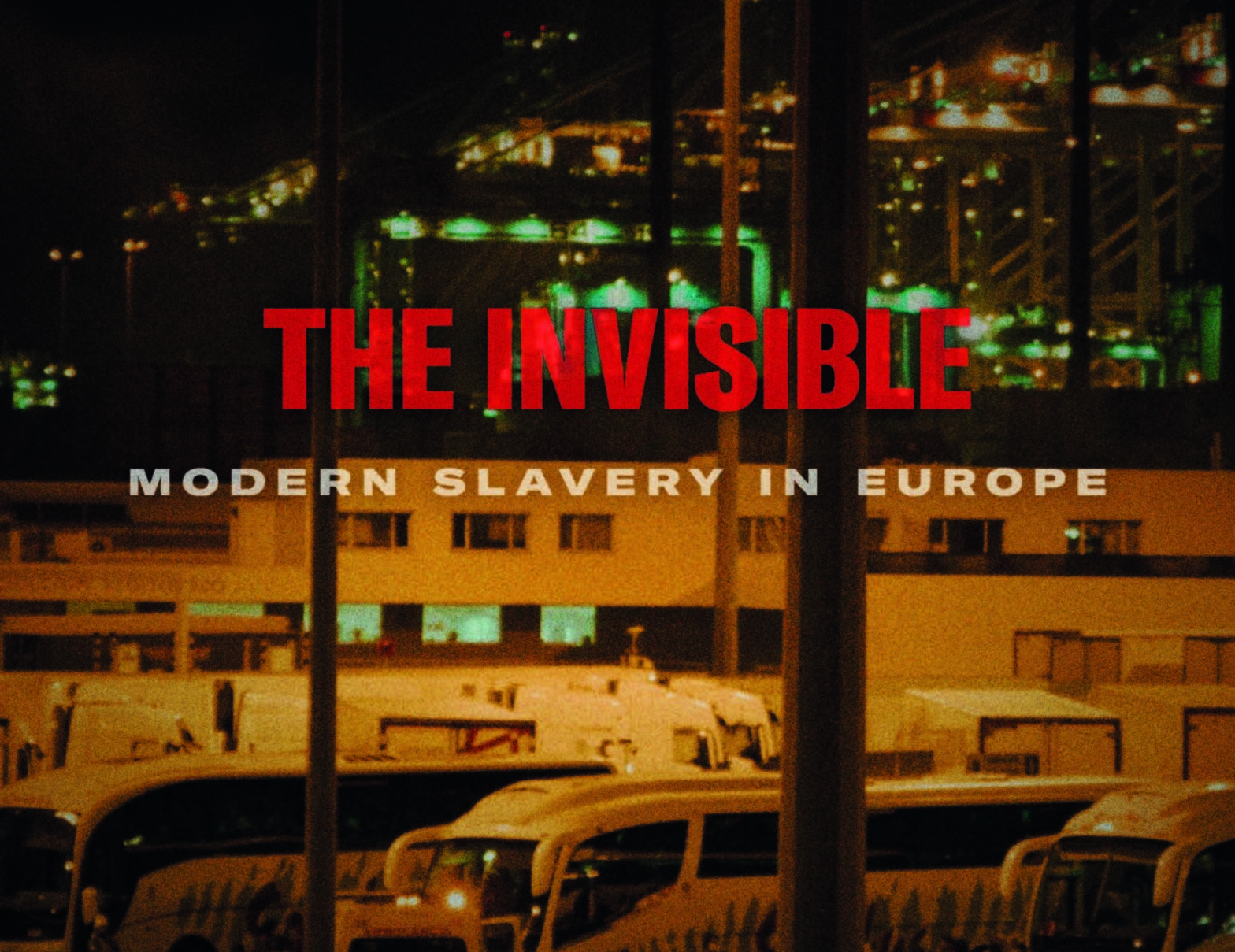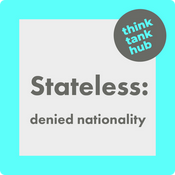Share Twitter Facebook Email Copy URL
Migration is not a temporary phenomenon. Every modern society in this world is also the result of human mobility. Yet migration has become one of the most divisive issues of our time.
To mark World Refugee Day 2021, we have published a short video on the right to freedom of movement. Because no one flees voluntarily: wars, persecution, violence, poverty or the climate crisis force people to leave their homes. The number of people fleeing war, conflict and persecution has never been higher. At the end of 2020, the number of refugees worldwide was 82.4 million. Over half of them are displaced within their own country. However, 26.4 million live as refugees in other states. Large-scale flight movements from the various conflict areas create flight routes that are used by a large number of displaced persons in search of protection. There are hardly any safe refugee routes anywhere in the world. Instead, people on the run embark on life-threatening escape routes in search of a safe place.
But instead of protecting people who are fleeing, the global North is fencing itself off. It invests more and more in so-called “border protection” and watches the refugees die without taking action – not only in the Mediterranean, but also at the border between Mexico and the USA. Once again, this hopeless situation is particularly dramatic for the most vulnerable – women with small children, unaccompanied minors, the elderly and the sick. Under inhumane conditions, these refugees are often stuck in underfunded refugee camps for years, with no chance of local integration, no prospect of returning to their home country, and no possibility of reaching a safe third country.
The fact that a state grants protection to refugees is not a nice gesture. According to Article 14 of the Universal Declaration of Human Rights, everyone has the right to asylum. Granting protection to refugees is a humanitarian obligation. The global North in particular should set an example here. Because safe and legal escape routes must be negotiated and worked out. Safe and legal escape routes protect refugees from violence, misery and death. In general, we must defend the right to freedom of movement for those who want to live in another country and the freedom to stay at home for those who had to flee.



